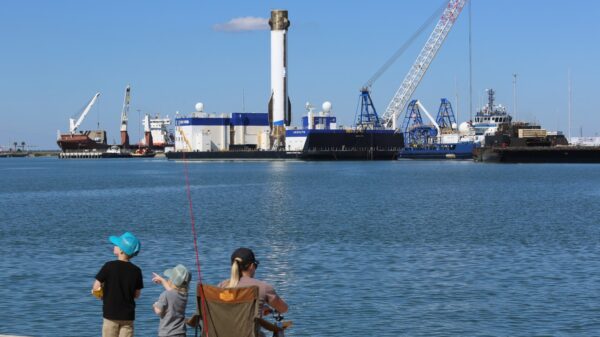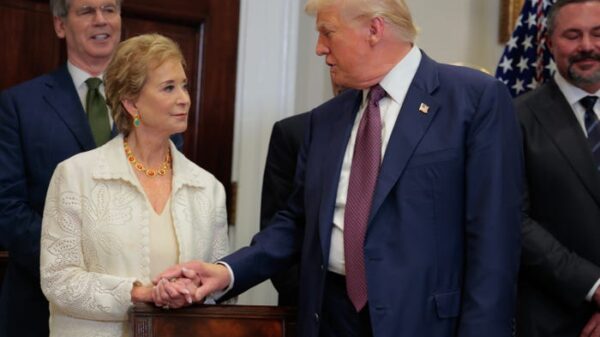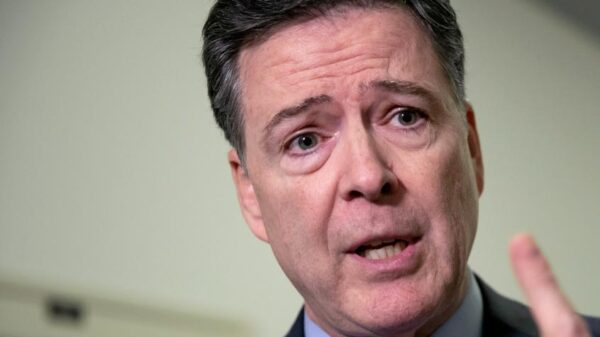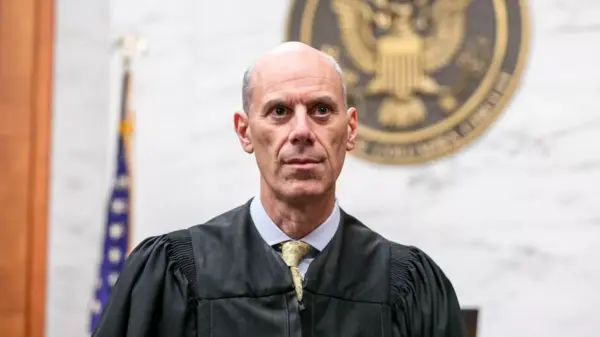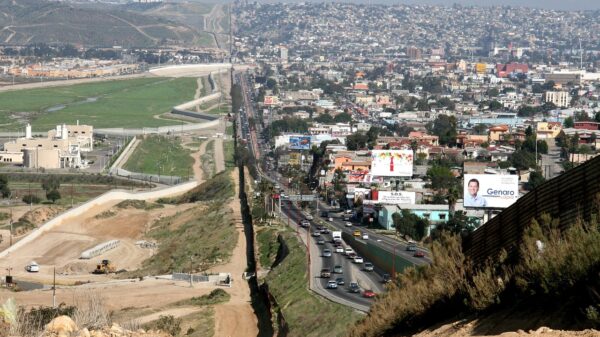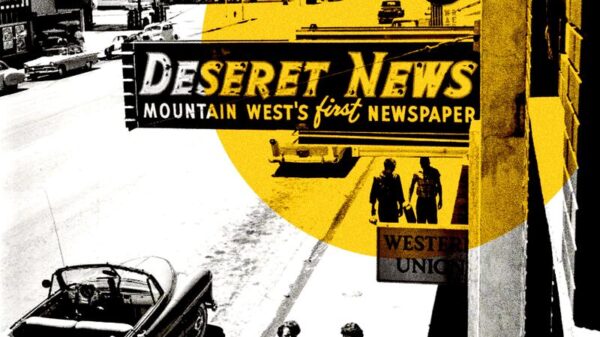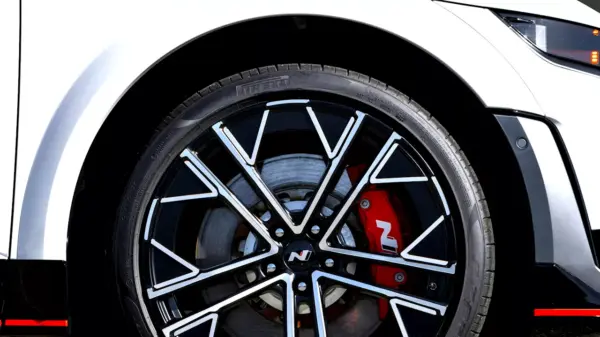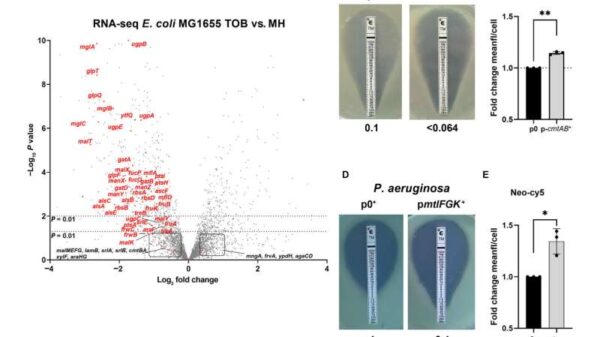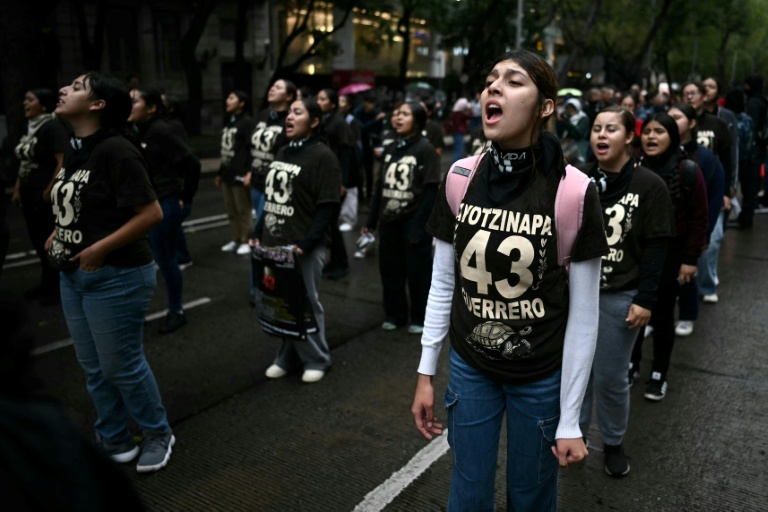Eleven years after the disappearance of 43 students from the Ayotzinapa teacher training college, families and advocates gathered in Mexico City to demand justice and answers. On September 26, 2014, the students, known for their political activism, went missing after commandeering buses to attend a demonstration in the capital. Their case has become emblematic of the broader crisis of enforced disappearances in Mexico, where over 120,000 people remain unaccounted for due to drug-related violence.
Delfina de la Cruz, mother of one of the missing students, expressed her deep frustration during a protest march held on Friday. “We are back where we started,” she said. “I want to see my son, (know) what happened, where he is, if he is no longer there.” Only three of the students’ remains have been found and identified, leaving the families devastated and searching for answers.
Allegations of Corruption and State Involvement
Investigators believe the students were kidnapped by a drug cartel with the involvement of corrupt police. Despite extensive investigations, no one has been convicted, even with dozens of arrests, including a former attorney general and military personnel. Retired university professor Jesus Gumaro, 66, criticized both former president Andres Manuel Lopez Obrador and current leader Claudia Sheinbaum for their failure to resolve the case. “We had hoped that it would be solved, but nothing has happened,” he stated while holding a banner during the protest.
The situation escalated on Thursday when protesters rammed a truck into the gates of a military barracks in Mexico City. Fortunately, there were no reported injuries, and the barracks remained secure. Families of the missing students have accused the army of withholding information regarding the case, further complicating their quest for justice.
International Outcry and Government Investigations
The disappearance of the students has drawn significant international condemnation and has highlighted the ongoing crisis of missing persons in Mexico, where criminal violence has claimed over 450,000 lives since 2006. The official narrative known as the “historical truth,” presented in 2015 under then-president Enrique Pena Nieto, has been widely discredited. This narrative included the controversial claim that the students’ remains were incinerated and disposed of in a river in the southern state of Guerrero.
In 2022, a truth commission established by Lopez Obrador’s government declared the case a “state crime,” identifying military involvement as a factor in the students’ disappearance. The commission concluded that the army had real-time information about the kidnapping and was aware of the events as they unfolded.
As the families continue to seek justice, the protest on Friday served as a poignant reminder of their ongoing struggle. The emotional weight of their fight highlights the urgent need for accountability and transparency in a country grappling with a legacy of violence and impunity.




